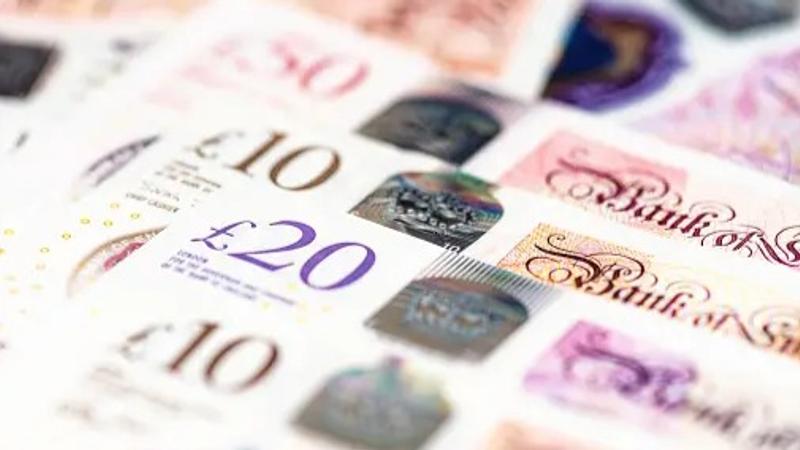Published 09:24 IST, August 10th 2024
UK wealth buyout requires elbow grease and luck
Hargreaves Lansdown started out life in 1981, when it was founded by Peter Hargreaves and Stephen Lansdown.

Fully stocked. The $7 billion buyout of UK wealth manager Hargreaves Lansdown will require some heavy lifting to work. On Friday, a consortium including private equity group CVC Capital Partners and Abu Dhabi’s sovereign wealth fund clinched the deal having spruced up an earlier offer. But with a higher outlay and the risk from falling interest rates, making a decent return looks tricky.
Hargreaves Lansdown started out life in 1981, when it was founded by Peter Hargreaves and Stephen Lansdown. The investment duo initially sent out newsletters to clients advising them on what they should be investing in. It has since modernised and created a digital platform where clients can trade shares and monitor their pension wealth. Hargreaves has around 155 billion pounds of assets under management.
But in recent years its UK market dominance has been in jeopardy. New nimble entrants like AJ Bell have been growing rapidly and benefit from not having old IT systems that are costly to run. Hargreaves’ new owners need to transform the business to allow it to compete more aggressively with rivals. That will require a steep investment in the digital platform, cutting out the need to hire expensive staff to cater for new clients. In theory, that would help it grow its top line by more than the 3% analysts had pencilled in over the next three years, as per LSEG data.
Still, the math looks tricky. Assume Hargreaves can grow its current 765 million pounds of annual revenue by 5% over the next five years and increased its EBITDA margin from 52% to 57% thanks to a digital transformation. If so, the acquisition, worth 4.9 billion pounds once net cash is factored in, would yield a paltry 15% return. That’s well below the 20% buyout firms typically target.
To deliver a juicier return, Hargreaves will have to boost sales growth to the 10% per year AJ Bell is expected to deliver, as per LSEG forecasts. But that might be challenging. Hargreaves is already a dominant player and its smaller rival is charging lower fees, which explains why it operated with a 42% EBITDA margin last year. Falling interest rates may also reduce the amount of money these players make managing clients’ cash. That suggests Hargreaves will need a heavy dollop of luck to make a reasonable return.

Updated 09:24 IST, August 10th 2024
